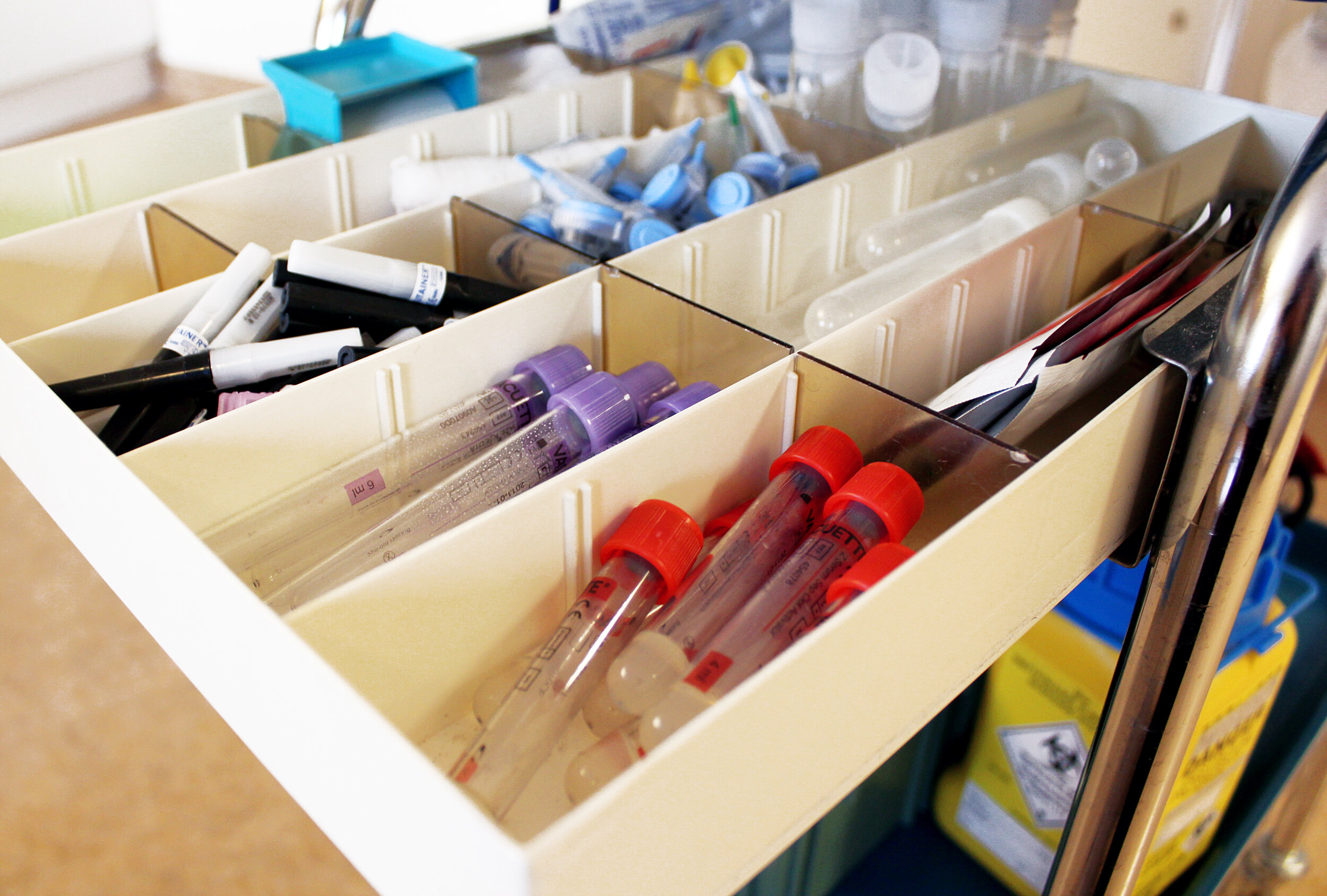

Drug Overdose Deaths in the U.S.
The good news: Data released by the U.S. Centers for Disease Control and Prevention (CDC) indicate that drug overdose deaths have dropped for the first time since 1990. Between the 12-month period ending December 2017 and the 12-month period ending December 2018, there was a 5.1% decline in overdose deaths. Now the bad news: Experts still see worrisome signs in the data.
Read my latest story for IEEE Pulse magazine: Drug Overdose Deaths Decline, But Remain Historically High.

Excess Weight Alters Results of Blood Tests in Kids
Even in children and teens, obesity has been linked to major health problems, such as diabetes and heart disease. But the effects of extra weight may show up in some tests before disease develops. Weight can affect results of routine blood tests in kids, new data show. And those results might highlight kids at risk of developing disease.
Read the whole story at Science News for Students: Excess Weight Alters Results of Blood Tests in Kids and Teens.

Americans are Sitting More, Despite Health Risks
You might want to take this news standing up. A national survey shows that Americans of all ages are spending more time sitting. Research suggests that sitting for a long time, especially when watching television or videos, may be bad for your health. More time sitting has been linked to diseases like diabetes and cancer. It’s also tied to an increased risk for mental health issues like anxiety and depression.
Check out my first story for Science News for Students: New Risk From Too Much Screen Time.

Health Care Chatbots
Chatbots are computer programs designed to carry on a dialogue with people, assisting them via text messages, applications, or instant messaging. Essentially, instead of having a conversation with a person, the user talks with a bot that’s powered by basic rules or artificial intelligence. Chatbots are already widely used to support, expedite, and improve processes in other industries and now the technology is gaining traction in health care, where it is helping patients and providers perform myriad tasks.
Read the whole story at IEEE Pulse: Health Care Chatbots Are Here to Help.
Natural Disasters and Public Health
2018 brought multiple, unprecedented natural disasters, including hurricanes, floods, and in the United States, the deadliest wildfire in California’s history. After the immediate emergency is over and the media attention wanes, communities must deal with the long process of recovering and rebuilding. Yet some of the greatest challenges that disaster victims face come not from the disaster itself but from long-term health problems stemming from the event. In the immediate aftermath, physical injuries and infections must be treated and controlled. Longer-term needs include mental and psychological assistance and reinstatement of the infrastructure of the health services system. While immediate casualty numbers are often cited following a natural disaster, it’s the insidious and long-lasting health effects that can hurt communities for years.
Read more at IEEE Pulse: Natural Disasters and Public Health.
